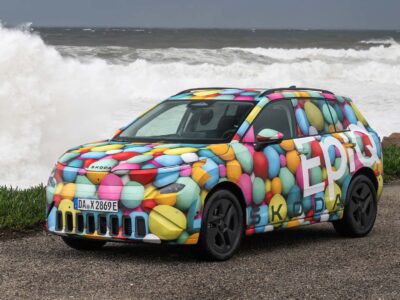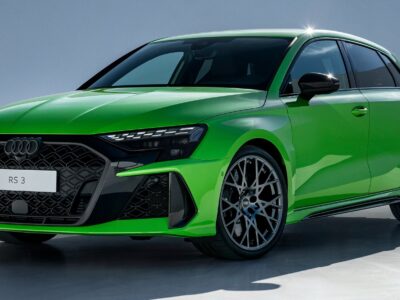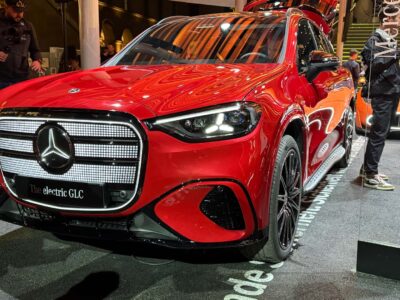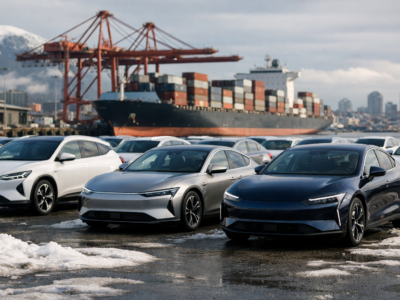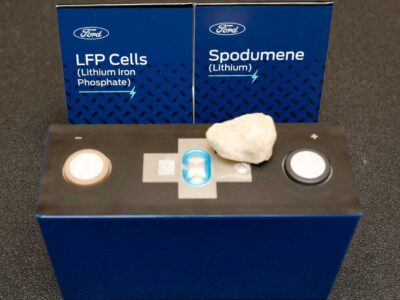
The CEO of Mercedes-Benz, Ola Kallenius, mentioned in a podcast interview that fully autonomous vehicles might not be commonplace until the late 2030s. Kallenius explained that achieving complete autonomy requires significant computing power, detection capabilities, and backend infrastructure. He anticipates that many advancements will occur during the current decade, but fully autonomous vehicles taking over driving responsibilities completely may not be widespread until the late 2030s.
In the meantime, Mercedes-Benz is working on level 2 autonomous systems that provide advanced driver assistance. These systems, expected to be available in late 2024 or 2025, will offer a level of automation close to level 4 autonomy, where the vehicle can perform most driving tasks, but the driver remains responsible.
Mercedes-Benz already offers level 2 autonomous driving features across its lineup. These systems combine adaptive cruise control and lane-keeping assist, requiring the driver to keep hands on the wheel and eyes on the road at all times. The company is also working with Nvidia on the next generation of automated driving systems. Additionally, the CEO mentioned that their level 3 autonomous system, available in the Mercedes-Benz S-Class in Germany, is expected to receive regulatory approval for use on specific roads in California and Nevada by the end of 2022.
While awaiting the widespread adoption of fully autonomous vehicles, Mercedes-Benz, along with other automakers, continues to enhance advanced driver assistance systems that contribute to the evolution of autonomous driving technology.



